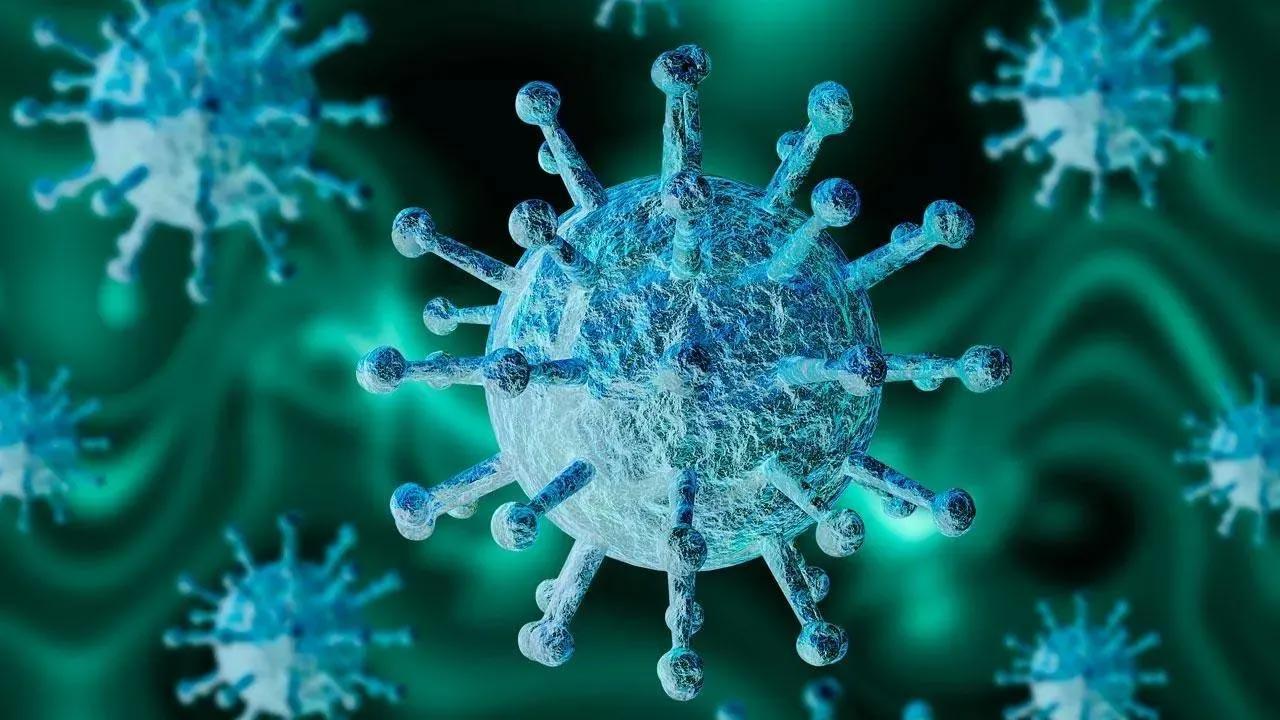In the study, the team used the technique to detect antibodies binding to proteins derived from pathogens, including SARS-CoV-2, from the blood of recovering Covid-19 patients

Photo for representational purpose. Picture Courtesy/iStock
US scientists have repurposed genetic modification technology CRISPR to identify antibodies in patient blood samples in a move that could inspire a new class of medical diagnostics, particularly in the treatment of Covid-19.
ADVERTISEMENT
The technology involves customisable collections of proteins which are attached to a variant of Cas9, the protein at the heart of CRISPR, that will bind to DNA but not cut it as it would when used for genetic modification. When these Cas9-fused proteins are applied to a microchip sporting thousands of unique DNA molecules, each protein within the mixture will self-assemble to the position on the chip containing its corresponding DNA sequence.
Researchers at the Harvard Medical School and Brigham and Women's Hospital, Boston, have called this technique 'PICASSO', short for peptide immobilisation by Cas9-mediated self-organisation. By then applying a blood sample to the PICASSO micro-array, the proteins on the microchip that are recognised by patient antibodies can be identified, they said.
In the study, the team used the technique to detect antibodies binding to proteins derived from pathogens, including SARS-CoV-2, from the blood of recovering Covid-19 patients.
They demonstrated that the technology works to assemble thousands of different proteins, suggesting that it could be readily adapted as a broad-spectrum medical diagnostic tool.
"One of the most exciting aspects of this work is the demonstration of how CRISPR can be applied in an entirely new setting. Previously, CRISPR has been used primarily for gene editing and the detection of DNA or RNA. PICASSO brings the power of CRISPR into a new realm of protein studies, and the molecular self-assembly strategy we show may assist in developing new research and diagnostic tools," said Dr Stephen Elledge at Harvard.
CRISPR technology has the potential to be used as a medical diagnostic tool that could, one day, provide doctors with a way to quickly determine the diagnosis and best course of treatment for each individual patient, the researchers said.
This story has been sourced from a third party syndicated feed, agencies. Mid-day accepts no responsibility or liability for its dependability, trustworthiness, reliabilitsy and data of the text. Mid-day management/mid-day.com reserves the sole right to alter, delete or remove (without notice) the content in its absolute discretion for any reason whatsoever
 Subscribe today by clicking the link and stay updated with the latest news!" Click here!
Subscribe today by clicking the link and stay updated with the latest news!" Click here!






